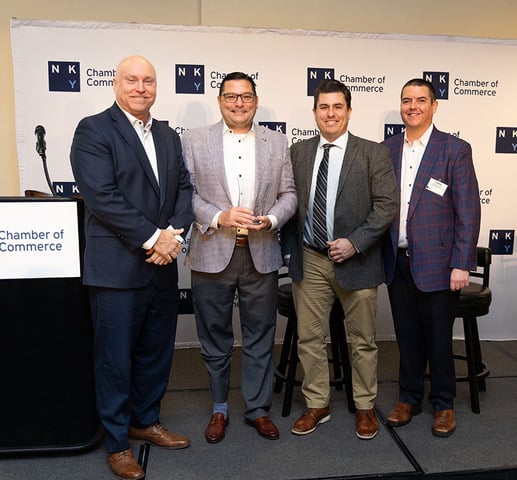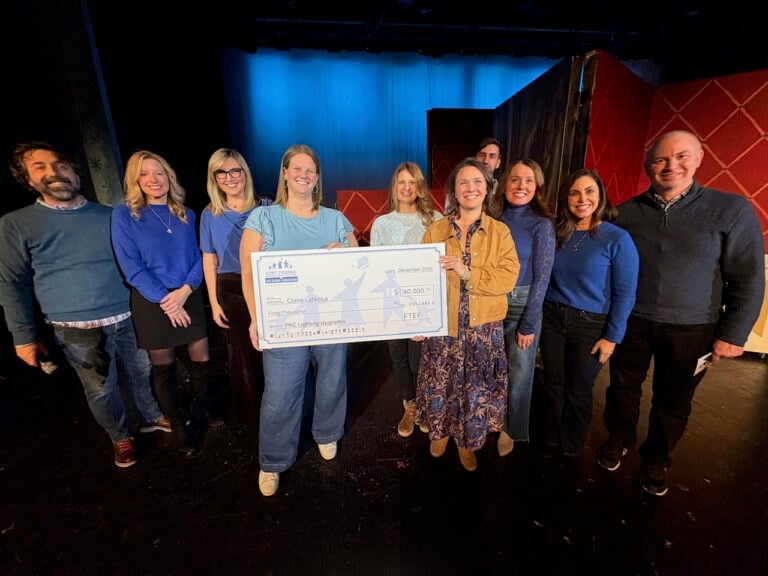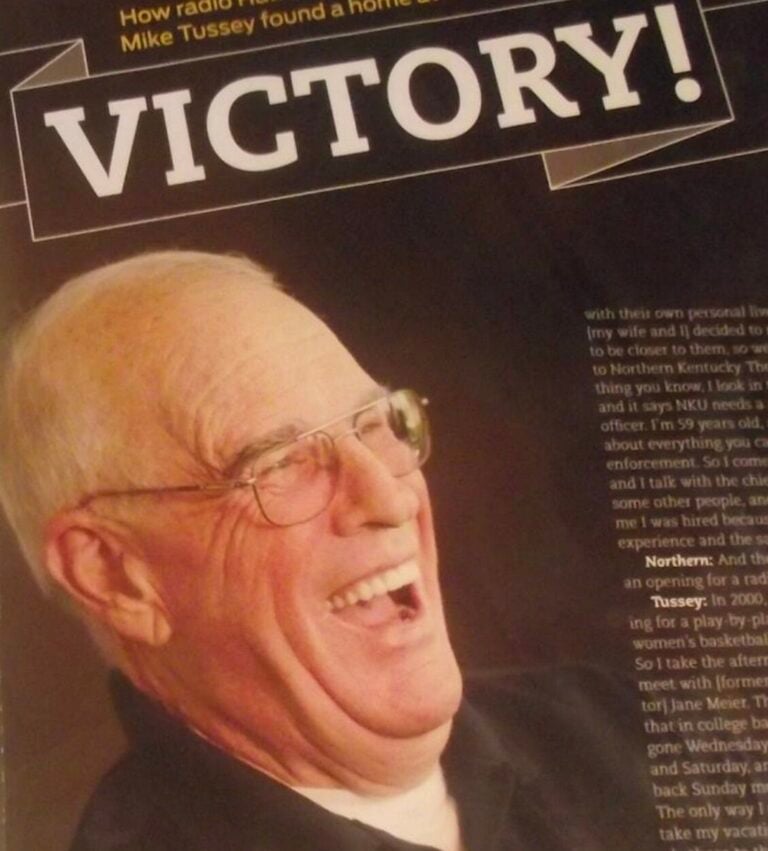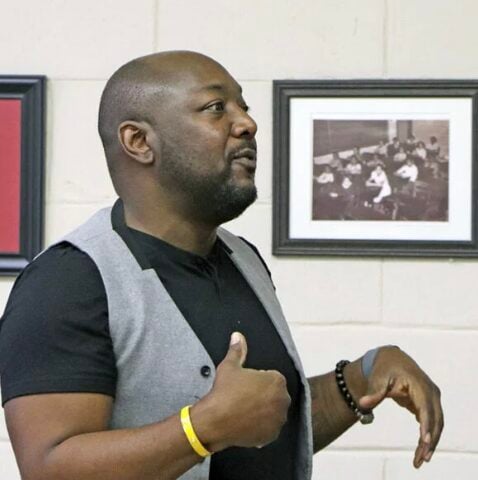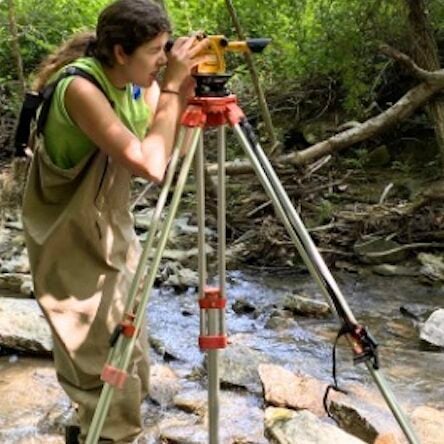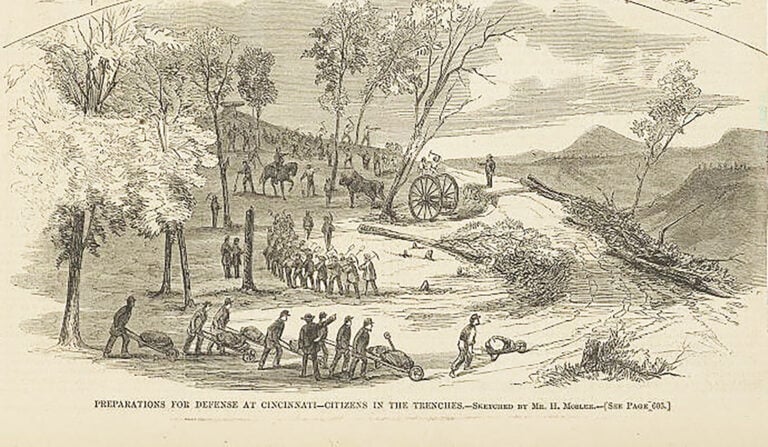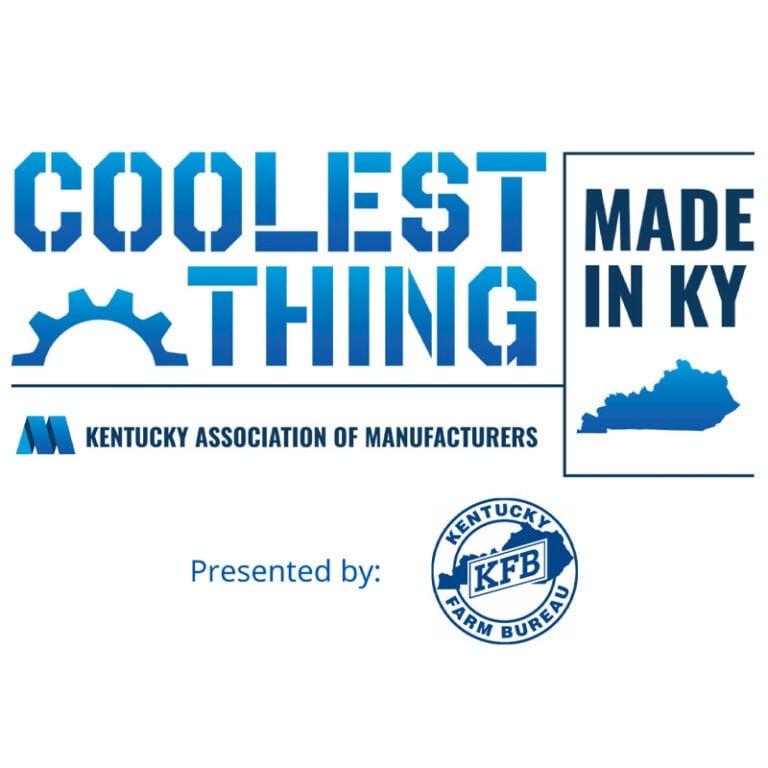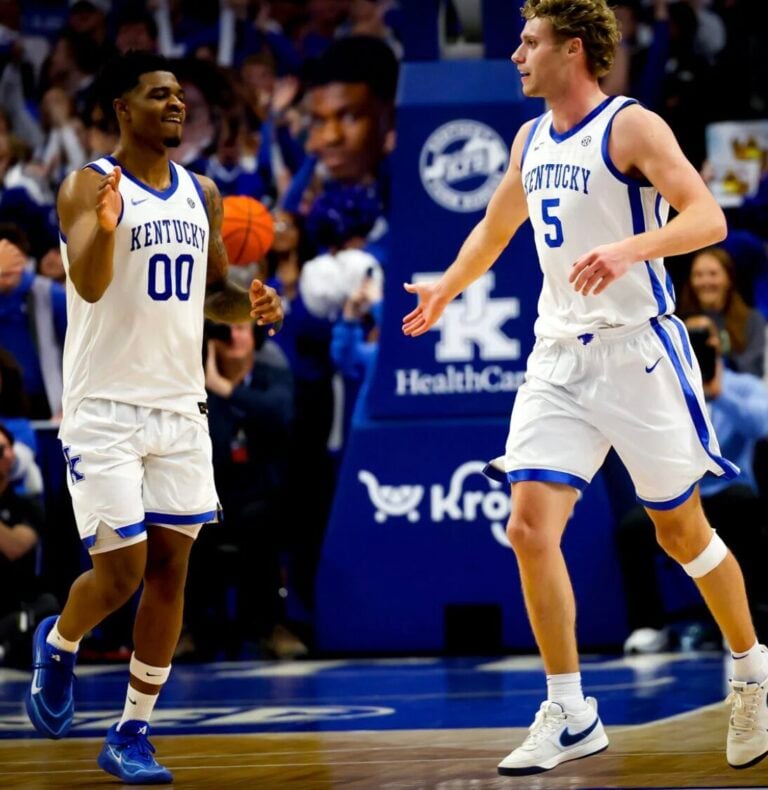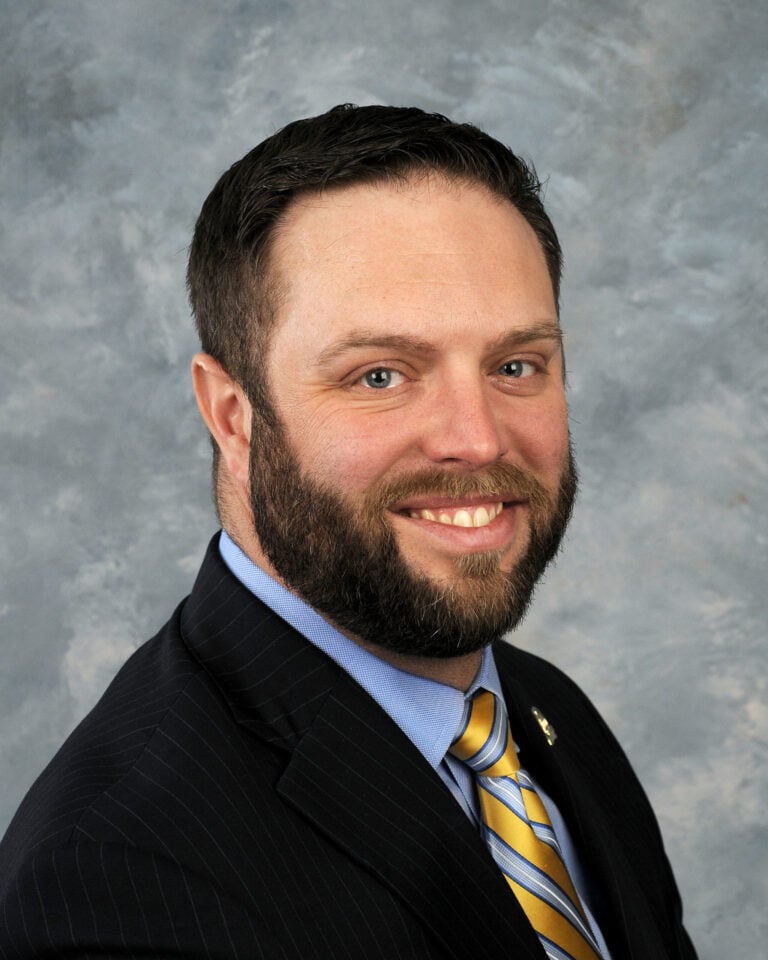Tuesday afternoon at 3:30, a cluster of people waits at the entry to Corvette Lanes on Main Street, Murray, Ky. Ignoring the autumn chill, they laugh and chat until the doors are unlocked. Once inside, some head right to the alleys, eager to begin practice. Others stop and visit some more before getting started.
In minutes, the space echoes with the cacophony of balls crashing into pins. Cheers erupt from supportive onlookers. Even gutter balls get a thumbs-up or a high-five, with encouragement to give it another go.
Laura Miller is an island of calm in the midst of the hubbub. Smiling and serene, she multitasks with ease: marking off names on lists, collecting money, stopping to ask how someone is doing. As the West Regional Director of Special Olympics, she manages a range of events and programs for youth and adult Special Olympics participants.
Her success is measured in hugs and heartfelt good wishes from athletes, volunteers, parents and partners.
Special Olympics is the world’s largest program of sports training and competition, serving more than one million children and adults with intellectual disabilities. Participation is open to individuals eight years of age or older, and local, area, state, and national programs are offered year-round in 15 sports. The emphasis is on developing physical fitness, but there are countless opportunities to demonstrate courage, experience joy, and share skills and friendship.
John Lynn is just one of the athletes involved, and his mother, Renaye, cannot find enough good words to describe his experience. When asked how long her son has participated in Special Olympics, she has to pause to count up the years.
“Oh my gracious,” she replies, “Since 2006. He’s been in Special Olympics for ten years.”

Besides bowling, John competes in golf, track and field. “He had to drop basketball,” his mother says, explaining that there just isn’t enough time to do it all.
Since John cannot drive, his mother is the one who gets him places, but she is glad to do her part. “If it wasn’t for Special Olympics, kids wouldn’t be able to do any of this stuff. It’s wonderful what they do,” she says. “I’m awful proud of him.”
At 22, John is not only an athlete, he recently started a new job. With just three weeks in, he admits he is still learning, but he grins when he talks about what he does. He is excited about working, but he is also looking forward to early December and the upcoming state bowling competition in Louisville.
Laura Miller explains that participants are grouped into divisions by age, gender, and skill levels for that event. About one-third are paired with a Unified Partner, a non-disabled peer. Volunteers of all ages are welcome and always needed. Partners agree to attend practice once a week and participate in the regional tournament, which was recently held in Paducah.
Watching a line-up of bowlers in various stages of readiness, I admire the variety of athletes’ approaches. Some stand well behind the line, raise the ball to chest-level and contemplate their shot with the steely-eyed concentration of a pro. Then they take a few confident strides, bend their knees and release the ball in one confident motion. Others swing the ball between bent knees and drop it, leading to a resounding thud before it bounces and wobbles down the alley.
There are endless variations of the extremes, but whatever style the bowler adopts – and whatever the outcome — there are always cheers and words of encouragement for the next attempt. It brings to mind a Yiddish proverb: “Every blade of grass has an angel that bends over it and whispers, “Grow, grow.”
So it doesn’t matter whether an individual is disabled or not; in the end, we are all special. Each one of us is a blade of grass, and everyone needs an angel.
Constance Alexander is a columnist from Murray. Contact her at constancealexander@twc.com. Her website is www.constancealexander.com Currently, she is working on a Kentucky Foundation for Women grant, Gender Equality: I’ll Know It When I See It, in partnership with the Women’s Center at Murray State University, and MSU’s Office of LGBT Programming.







